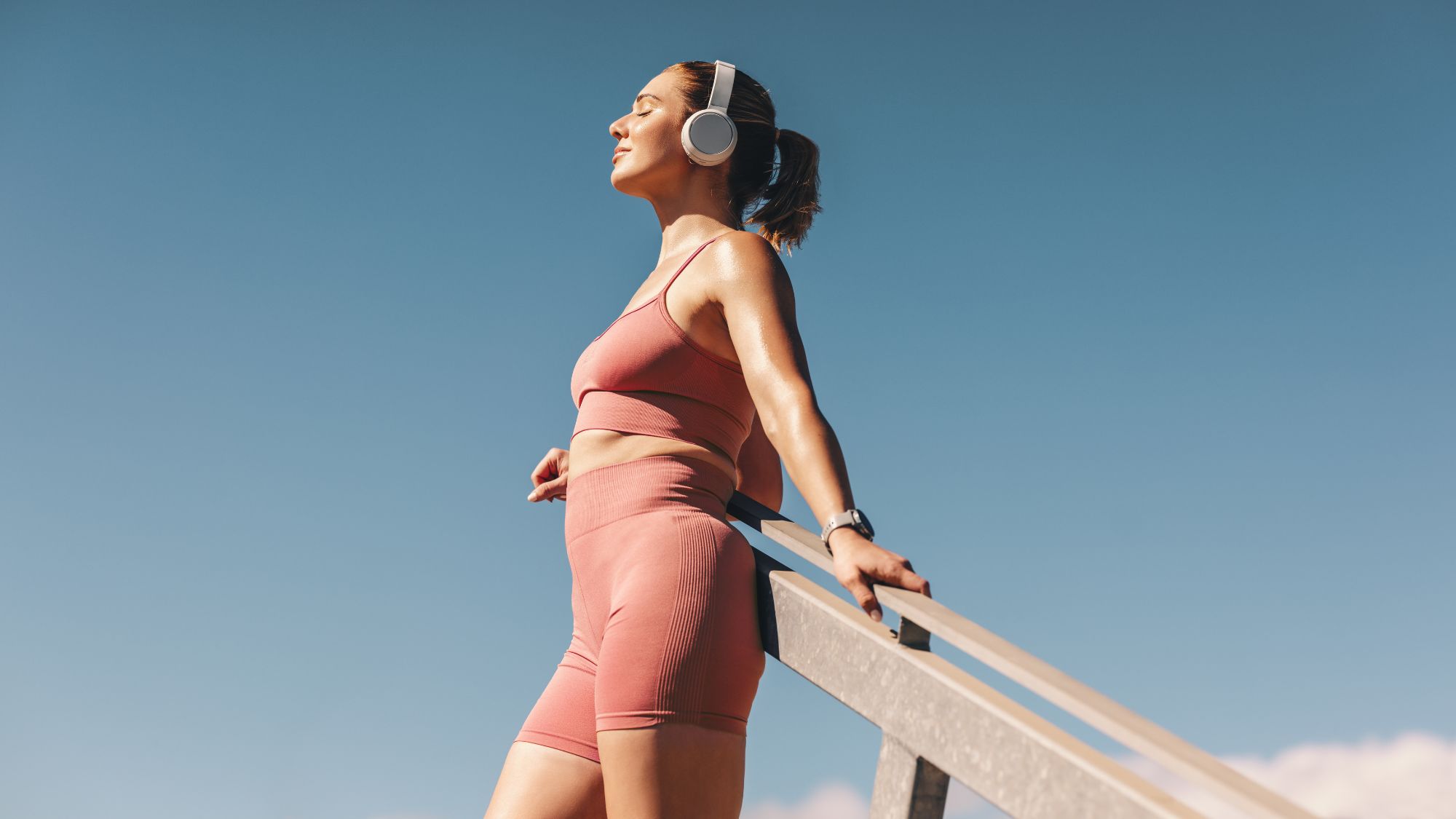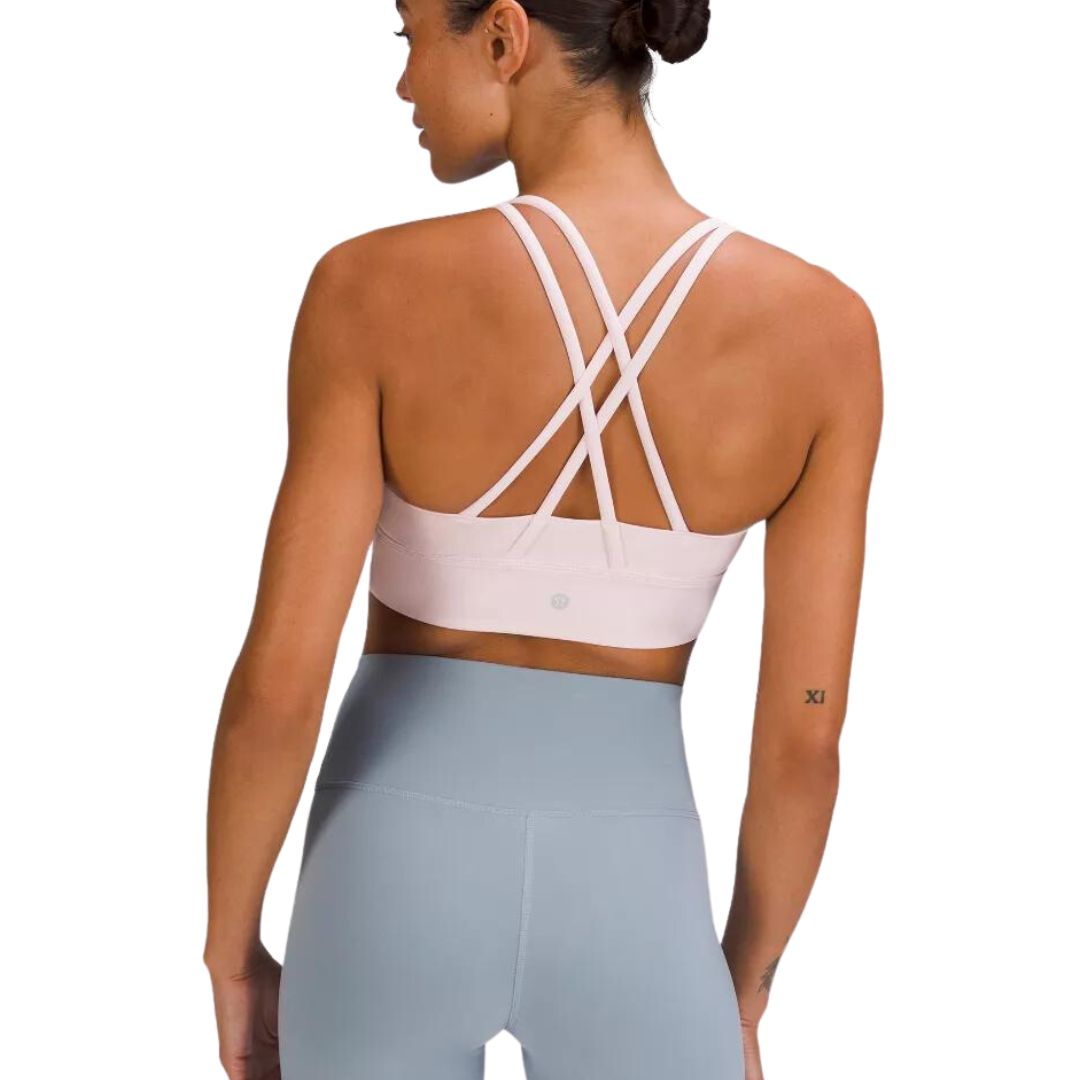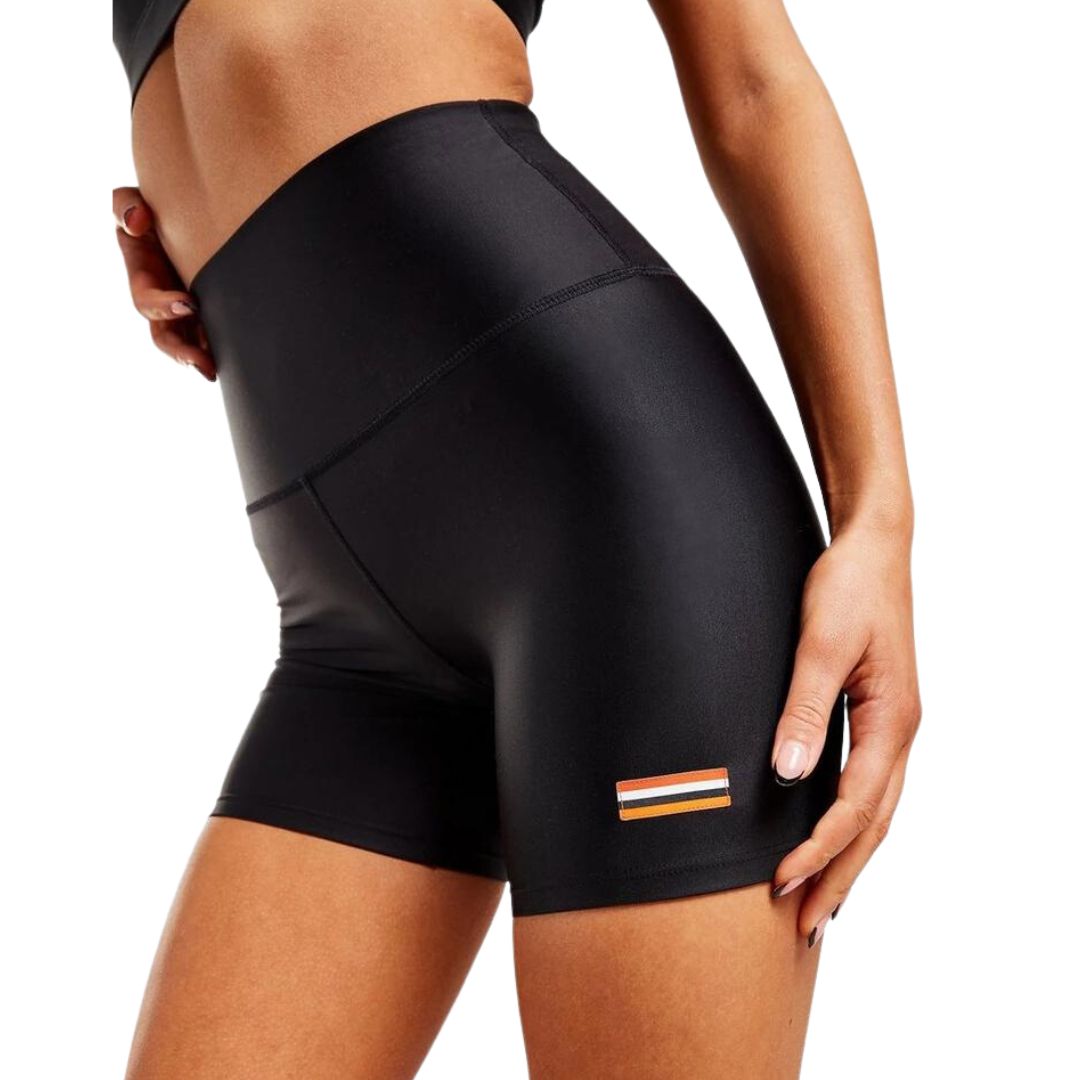
Celebrity news, beauty, fashion advice, and fascinating features, delivered straight to your inbox!
You are now subscribed
Your newsletter sign-up was successful
Question: do you feel like you've been eating well and moving regularly but haven't seen the results you're after?
According to top personal trainers, the trick might be down to the kind of workouts you're doing. If you've seen people pushing themselves through gruelling high intensity interval sessions or weight training workouts on social media and followed suit, we've got news for you: you might have been overlooking a far cheaper and more attainable workout that's right on your doorstep.
That's where walking for weight loss comes in, a simple, budget-friendly and efficient way of not only boosting your health, but losing fat, if that's your current goal. While the benefits of walking are well known, how effective walking can be for weight loss is rarely discussed, despite various studies showing it to be effective.
Wondering how on earth hitting your daily step count could impact your health or weight like a calorie-burning circuit could? We'll leave the experts to explain, but this 2022 study concluded that walking is a great way to lose body fat, particularly at a slower pace (participants progressively lost more body fat over 30 weeks of walking than those who walked faster).
Already walking daily but not seeing results? Perhaps you're not hitting your 10k daily steps or other factors - like diet, sleep, stress or hydration - are at play. Keen to read how walking could not only boost your overall health, but help you lose fat, too? Walking workouts at the ready - and don't miss our guide to soft hiking, while you're here.
Personal trainers reckon walking for weight loss can be the most effective - here's why
How does walking work for weight loss?
According to qualified coach at Bodyism, Deanna Brash, low-intensity steady state cardio, otherwise known as LISS, is one of the best ways to lose or maintain weight as it's just that - low-intensity. "Walking doesn't cause you to burn out as much as other workouts and means you can remain consistent with your exercise on a daily basis," she explains.
She goes on to explain that the best way to reduce body fat while maintaining muscle is simply to increase your daily activity and eat in a calorie deficit. "That said, it's key to be able to maintain consistency and build a good routine with whatever exercise habits you do adopt in order to see results - especially long term ones," she adds.
Celebrity news, beauty, fashion advice, and fascinating features, delivered straight to your inbox!
While heading to the gym for a 30 minute session might sound both daunting and time-consuming, heading out of your door with a cup of tea in hand certainly shouldn't be.
Benefits of walking for weight loss
Think about it - while you might be able to stick to 6am HIIT workouts for a couple of weeks or even months, you'll likely find it too much when you get busy or tired. Find a workout you genuinely look forward to, on the other hand, and that doesn't take all of your time and energy, and you'll likely be able to make it a part of your everyday routine.
Walking is also a hugely beneficial form of training, the expert continues, as compared to higher intensity workouts, it doesn't put unnecessary stress on the body. "In an already stressful world where people's bodies are wired and cortisol levels are high, this is really important," she stresses. How so? Well, high cortisol can impact a whole load of things but most notably sleep, which is absolutely pivotal if you're trying to lose or maintain weight. "Lack of or poor quality sleep makes it harder for the body to use fat as an energy source, can cause cravings and puts the body in a fight or flight response," she explains. "In turn, this encourages the breakdown of muscle which you need to maintain a healthy metabolism."
You'll also have a far lower risk of injury choosing this type of training, according to Lucie Cowan, Master Trainer at Third Space. "LISS places less strain on joints and muscles compared to HIIT, reducing the risk of overuse injuries, strains, and sprains," she shares.
Not to mention, walking instead of hitting more hardcore workouts means you'll avoid the dreaded DOMs - that's delayed onset muscle soreness FYI - and the aching feeling you get in your muscles the day after a particularly hard session. "By not exhausting the body, you can wake up ready to move the next day again, helping to prevent any gaps in your exercise regime," Brash goes on. In short, adopting a lower-impact form of workout will mean you're more active overall - simple science, really.
Last but by no means least, Cowan confirms that lower-intensity exercise is great for both improving your mood and reducing your stress levels. "LISS can be an excellent choice for stress management and mental well-being as it can lead to better and higher quality sleep and can be performed in the evening without causing spikes in cortisol," she adds.
Bottom line: walking is a great physical and mental health boost, meaning you should finish each session feeling lifted. "It provides you with an opportunity to increase your daily movement in a way that is simple but also enjoyable and sociable," continues Brash.
How do I incorporate walking into my day-to-day?
Adopting a LISS approach to training is simple. All you have to do is carve out 30 to 60 minutes for cardio, like walking, four or five times a week.
This could look like:
- An early morning walk
- A late night walk
- Getting off a few stops early on the way to work
- Walking your children to school instead of driving them
- Meeting with a friend for a stroll in the park
- Wandering around a city by foot while sightseeing.
Will you give it a go?
Shop fit kit now:
How much do I need to walk daily to lose weight?
The NHS advises aiming for 10,000 steps a day or 30 minutes of moderate exercise, five times a week.
That said, if your goal is fat loss, our experts advise aiming for a daily target of 10,000 to 12,000 steps to see sustainable, long term improvements. Do remember, though, that sleep, diet, hydration and stress levels all play a part in fat loss, too.

Ally is Marie Claire UK's Senior Health and Sustainability Editor, a well-regarded wellness expert, ten-time marathoner, and Boston Qualifying runner.
Utilising her impressive skillset and exceptional quality of writing, she pens investigative, review and first-person pieces that consistently demonstrate flair and originality.
As well as writing, Ally manages a team of freelancers, oversees all commissioning and strategy for her pillars, and spearheads the brand's annual Women in Sport covers, interviewing and shooting the likes of Mary Earps, Millie Bright, and Ilona Maher. Shortlisted for three BSMEs and winning one in 2022, Ally lives and breathes her verticals: her eye for a story and connections within the wellness sphere are unrivalled. Follow Ally on Instagram for more.



